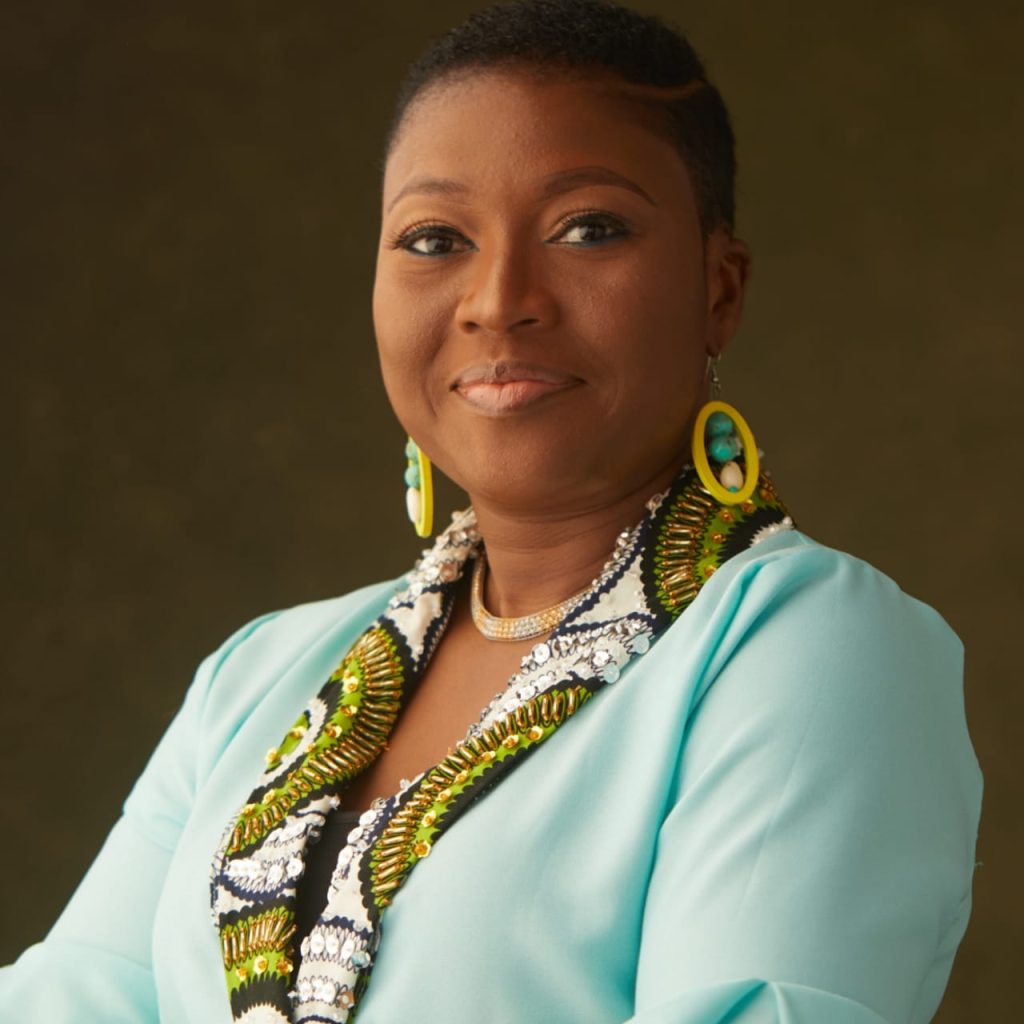By Stanley Senya
Accra, May 16, GNA – Mrs Ethel Adjorlolo-Marfo, the Founding Director of Junior Shapers Africa (JSA), says despite significant progress in improving gender equality and empowering girls, boys continue to face unique challenges that affect their mental health and social development.
She said these challenges led to poor academic performance among others, which made it very important to recognize and address the challenges facing young boys in Ghana.
Mrs Adjorlolo-Marfo was speaking at the World Day of the Boy Child which falls on May 16th each year.
It is observed around the world by Boy Child Advocacy Organisations.
The 2023 celeveations is on the theme: “Boys and mental health.”
He said there were five factors that were particularly relevant for Ghanaian boys, observed through interactions with through JSA’s extra-curricular initiatives.
It was her hope that parents and educators would pay attention to the needs of boys for the betterment of society.

She said several boys in Ghana were growing up in households with less involvment of fathers in their lives due to various reasons such as death, neglect of pregnant women by men, poor fatherly leadership and direction in the home, separation, divorce, nature of father’s job or migration.
Mrs Adjorlolo-Marfo said during JSA’s engagement with boys in Jamestown, Accra in 2020, it was observed that four out five boys go to bed and leave for school without seeing their father for days, weeks or months.
She said the story was not so different with children from middle to upper class homes.
“Boys complain of not having the opportunity to spend enough time with dads due to their busy work schedules,” she said.
The Founding Director said This was therefore resulting in negative consequences on their mental and social health, as boys often rely on male role models for guidance and support as they transition into puberty.
She said the combination of an emotionally unavailable father and an overwhelmed busy mother may force some boys to align with bad peers or rely on television and social media male models for masculine guidance which could be dangerous for their development.
She said the mental health issues were often stigmatized in Ghana, and boys may struggle to express their emotions and sought help when needed.
“This lack of awareness and understanding of emotional intelligence can lead to long-term mental health challenges leading to unhealthy relationships with themselves and others,” she added.
She urged school authorities to begin to prioritize mental health awareness for students.
Mrs Adjorlolo-Marfo, who is also the founding Director of JSA Phenomenal Boys Academy said in some homes and schools, boys were often subjected to harsher disciplinary measures than girls, which could have a negative impact on their self-esteem and social development.
She said boys often complained about not being offered a fair hearing in their classrooms when, for instance, there was a fight or an argument between a boy and girl.
She said teachers were often seen taking the sides of girls and punishing the boys severely.
“This situation may contribute to the perpetuation of harmful gender stereotypes, because an abused boy is likely to perpetuate abuse,” she added.
She said in Ghana there were very few men initiating mentorship programmes for young boys and many boys lack exposure to positive male role models and mentorship opportunities.
She noted that the “Barima nsu” situation meaning “men do not cry” Akan language, was often told to boys and men who dare to express their emotions or tears.
This situation often pressurizes boys to conform to traditional masculine norms and suppress their emotions and interests, leading to a lack of validation for their individuality.
She explained by addressing these factors affecting the mental and social health of Ghanaian boys by parents and educators, “we can empower them to reach their full potential and thrive as healthy and confident future men, husbands and fathers.” She added.
GNA